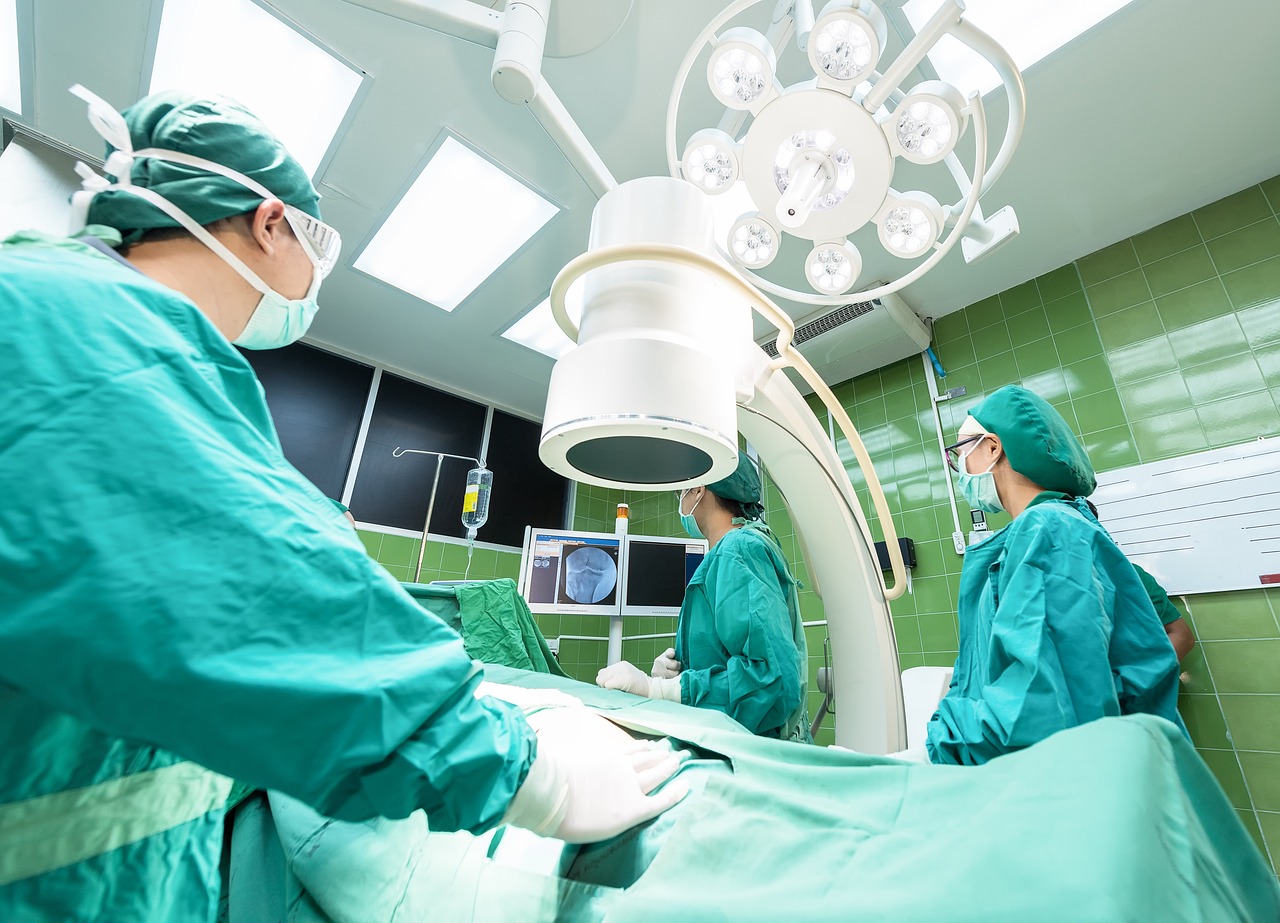23
Oct 2024
Gosford Private Hospital Discontinues Maternity Services
Published in General on October 23, 2024

Hospital CEO Dr. Stephen Johnston attributed the decision to discontinue maternity services at Gosford Private Hospital to several factors, including declining birth rates, reduced demand for private maternity care on the Central Coast, rising cost-of-living pressures, and challenges with private health insurance funding for hospitals.
Nationwide, Gosford Private is the latest in a series of closures, with eight other private maternity services shutting down in the last 18 months.
“We recognize the significant impact this decision will have on the local community, especially expecting families,” said Johnston. “Gosford Private has offered maternity services for over 30 years, with thousands of families starting their parenting journey with us. However, in the past decade, births at our facility have dropped by nearly 40%, and future forecasts indicate further declines, making it unsustainable for us to continue.”
Families currently booked for deliveries at Gosford Private will receive support through March 2025. The hospital is working with the Local Health District to ensure ongoing access to maternity care.
The closure will directly affect 27 staff members, with redeployment opportunities being explored across the Healthe Care group and within the Central Coast Local Health District. Johnston praised the hospital’s maternity staff, emphasizing that the closure is not a reflection of the quality of care they provide.
A group of leading obstetricians expressed concern over the decision, stating that it will severely restrict private care options for expectant mothers. They argued that the closure undermines patient autonomy and limits access to personalized, high-quality obstetric services, affecting one of the most significant moments in women's lives.
Leading Central Coast obstetrician Dr. Peta Skilbeck stated that the team at Intuition Private will collaborate closely with Gosford Hospital to ensure that patients continue to receive the highest standard of care during the transition.
“Intuition Private has long been dedicated to offering exceptional obstetric and gynaecological care to women on the Central Coast,” Dr. Skilbeck said. “Our team remains fully committed to supporting patients through this change.”
Gosford Private Hospital will continue offering women’s health services, paediatric surgery, and paediatric care through its accredited doctors. Patients currently booked into Gosford Private maternity services are advised to consult with their obstetrician regarding the next steps in their care.









